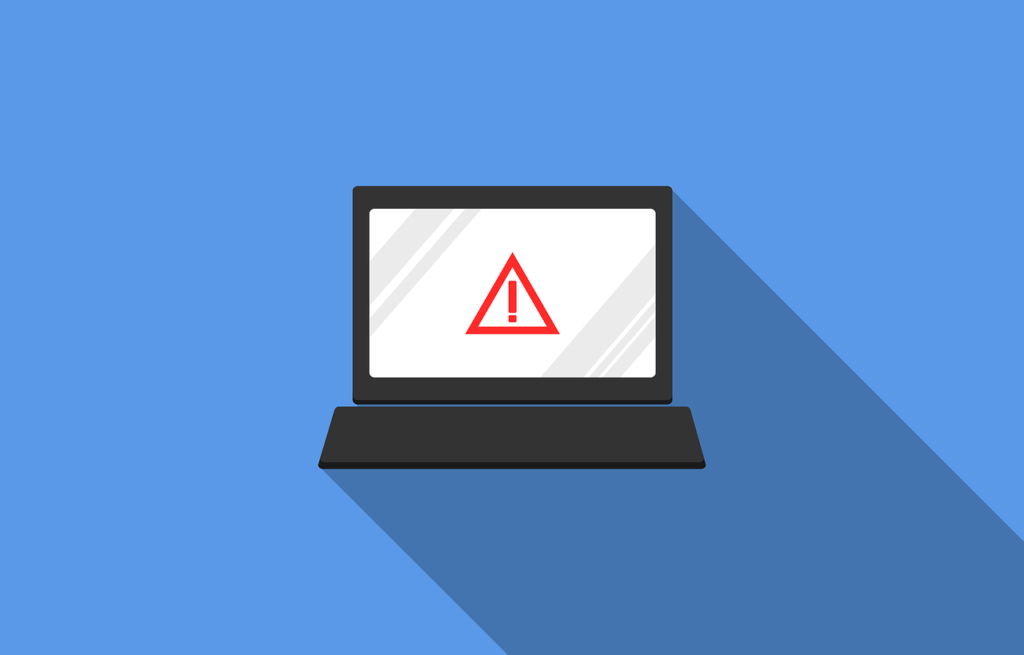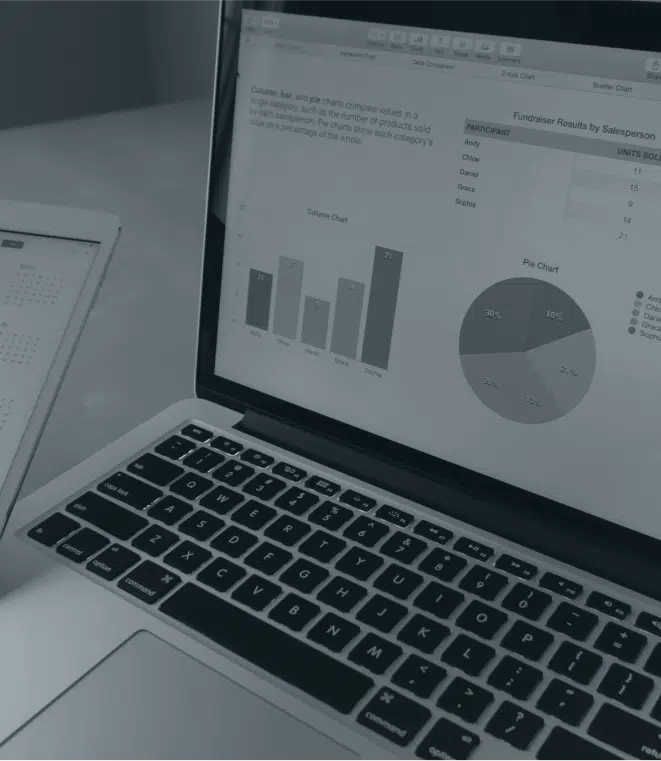Small businesses or SMBs are the lifeblood of any economy and Canada is no different. If you’re a small business owner thinking that you’re too insignificant for cybercriminals, you’re wrong. Experts believe that cybercriminals typically need very little resources for mass-producing attacks. SMBs tend to be more vulnerable to cyberattacks and data breaches since they generally spend less on cybersecurity.
This article explores the best practices you should consider adopting to protect your business from cyberattacks and data breaches.
6 Best practices for preventing data breaches in your small business
Here are six of the simplest ways you can prevent data breaches in your business.
Improve user awareness
The first step towards protecting your business against cyberattacks and data breaches is improving user awareness about the cybersecurity landscape. With over a third of cyberattacks and data breaches involving internal threat actors, this cannot be overemphasized. Experts believe that improving user awareness within your organization can overall establish your employees as a human firewall.
By improving cybersecurity awareness within your business, you’d be ensuring that your employees understand the threats likely to affect them. They’d also be able to understand how to keep themselves protected or stay away from activities that are likely to prevent a breach.
For instance, understanding how to spot phishing attempts or tackle business email compromise from vendors would be a great start. Improved awareness will also help your employees understand the need for strong passwords and the use of multi-factor authentication. You should also consider setting up Privileged Access Management to understand and manage all the user accounts within your enterprise.
Update all systems promptly
Leaving your systems and applications running with outdated firmware or software essentially make your business vulnerable to cyberattacks and data breaches. Remaining protected will involve you taking steps like regularly installing security updates, upgrading to newer software or discarding obsolete systems. By installing updates promptly, you’d be patching up any known vulnerabilities and preventing zero-day exploits by hackers.
A quick look into the WannaCry ransomware of 2017 shows that the majority of victims could have easily avoided the cyberattack by either updating their operating system or abandoning an obsolete version of Windows.
Backup your data frequently
However hard you prepare, there’s always the chance that something may go wrong. From hardware failure to ransomware attacks, backing up your data can help you ensure that you never have to start from scratch after an incident. However, you should aim to create backups the right way. Creating backups without validating them may give you a false sense of security if you’re unable to retrieve them.
Check out our detailed backup recommendations for small businesses here.
Use Intrusion Detection and Prevention (IDS/IPS) systems
Intrusion detection/prevention systems are an essential cybersecurity component for small businesses in the digital age. They generally listen to your network for bad traffic or potential attacks and prevent your systems from communicating with bad threat actors. If you’re looking to take your small business cybersecurity a notch higher, this is one practice you should adopt.
From preventing malware attacks across your network to stopping trojans and even phishing, IDS/IPS generally stop malicious activity against your business by dropping or resetting connections.
Furthermore, you should consider setting up firewalls with IDS/IPS rather than ISP-provided routers. Home-grade routers are built to allow users to connect easily and do not generally offer any firewall protection or monitoring. However, a firewall with built-in IDS/IPS can monitor your traffic to prevent malicious activity.
Consider getting cyber insurance
If you’re wondering why we’re talking about insurance as a way of protecting your business from data breaches, don’t fret. Cyber insurance can be a vital tool in your SMB’s cybersecurity arsenal. With 60% of businesses (mostly SMBs) closing within six months of a data breach, cyber insurance can be the difference between going bust or surviving in the unfortunate event of an attack.
Cyber insurance aims to protect businesses from the consequences of cyberattacks and data breaches. Some of these consequences can include fines, compensation and loss of business. As the cyber threat landscape continues to evolve, you’ll need to understand the benefits of cyber insurance as well as its limitations for your business and industry.
Boost your vendor and endpoint security
As you probably already know, no business can operate in this digital age without relying on support from third parties or vendors. Third parties like cloud service or application providers are typically granted privileged access to your IT infrastructure to enable them to support you seamlessly.
However, this constantly increases the risk of a cyberattack or data breach of your business. The danger here is that if there’s a cyber attack on any of these vendors, the hackers may be able to access your systems using the privileged access already granted.
Similarly, the rise of BYOD policies and culture across Canada ultimately means that your small business now has to deal with more data endpoints than ever. Without adequate endpoint security and management, you may be leaving your business vulnerable to data breaches and cyberattacks. The average cost of an endpoint cyberattack in 2019 was $9 million and zero-day attacks show no signs of slowing.
Why MSPs and MSSPs are essential for preventing and recovering from data breaches in the digital age
The costs associated with getting numerous disparate cybersecurity tools is usually a discouraging factor for Canadian SMBs. MSSPs essentially overcome this problem by offering specialized services that meet the very needs of small businesses. They also provide solutions capable of overcoming the typical challenges that businesses face today. Overall, MSSPs can help your small business by reducing and managing their cyber risks as well as offering recovery support in the event of a cyberattack or data breach.
The bottom line
With SMBs making up 98% of all businesses in Canada, it’s fair to say that they will continue to be attractive targets for cybercriminals. The relatively limited budgets SMBs allocate for cybersecurity also means that they may be falling short. However, hiring MSPs and MSSPs can help bypass this challenge.
Contact us today to discover how our small business cybersecurity solutions can help you with preventing, detecting or responding to cyberattacks and data breaches.


